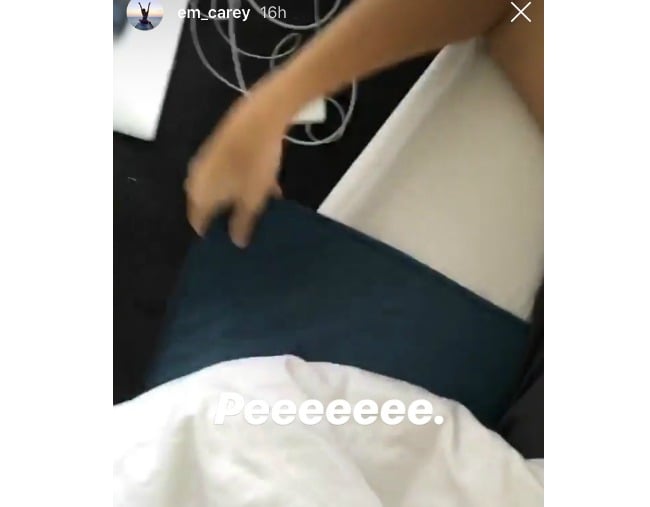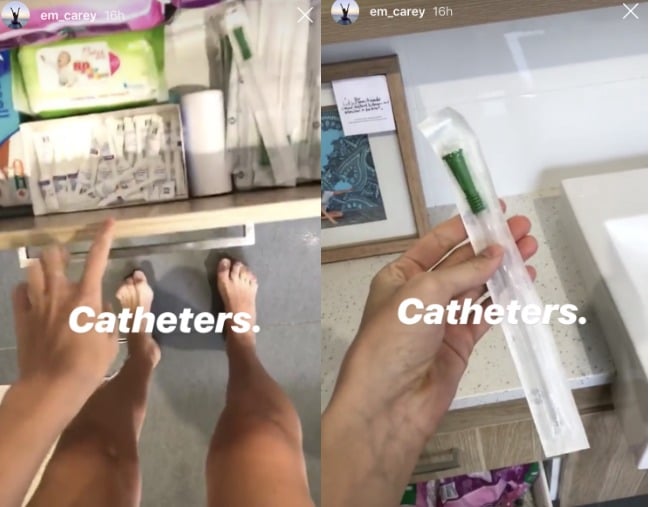
In 2013, when Emma Carey was 20, she went on a European summer holiday.
She still finds it strange how normal she felt that Sunday morning in June, when she decided to go skydiving in the Swiss alps. Even those first few seconds, as she was free-falling from 14,000ft, felt “incredible”.
Then she noticed something was wrong. Her tangled parachute hadn’t opened fully, and as she saw the ground coming, she was certain she was going to die.
Em landed on her stomach, fully conscious. She couldn’t move her legs, and she couldn’t get up. She had broken her spine and her pelvis, and doctors said she would be confined to a wheelchair for life.
Now, five years later, Em has just returned from a very different kind of European holiday. For the first time, she revisited the place of her accident.





